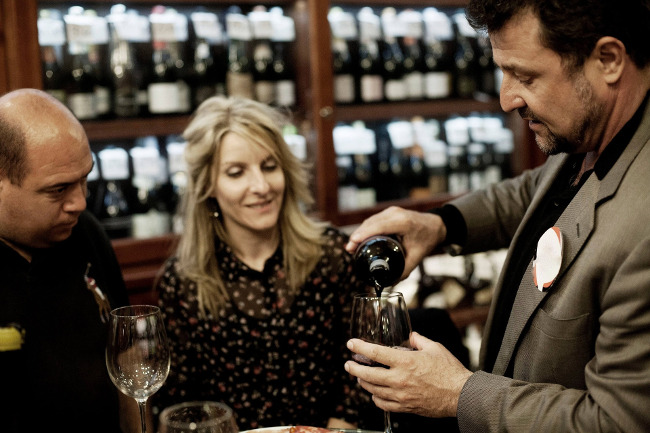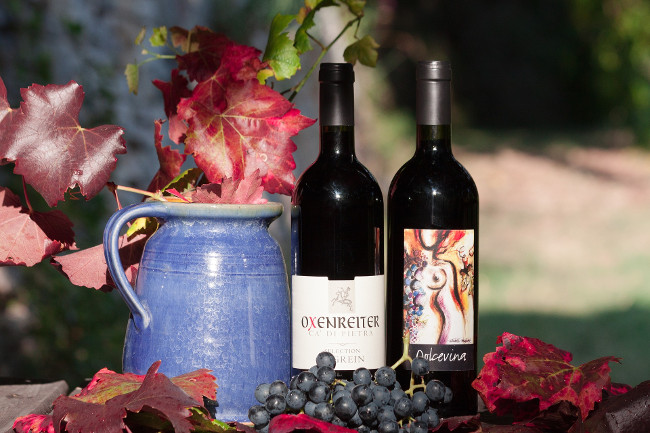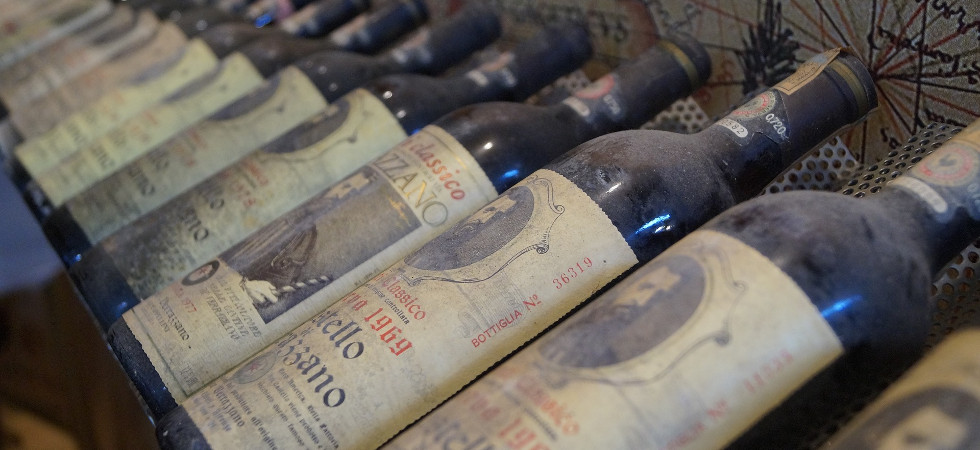Over the past 20 years’ fine wine has been one of the best performing asset classes, producing impressive returns on investment. This is echoed more immediately in the steady rise of the Liv-ex 100 since 2015 – an esteemed industry benchmark tracking the movement of 100 of the most sought after fine wines.
But, while no investment is a sure thing, improving your wine knowledge can give you a solid foundation from which to start investing wine. Daniel Elswood, wine specialist and auctioneer at online auction website Catawiki, has listed his top tips for any budding sommelier.
Check vintage reports
Checking vintage reports is an effective way of finding out about the quality and character of the wines from a particular region in a specific year. In the reports you’ll find detailed information on every vintage including details on the wines, growing seasons, weather reports, harvest conditions, style and character and vintages from past decades to today. These will help if you’re faced with unfamiliar wines or are looking to determine when a wine will drink well.

Perfect your tasting
There are three broad categories used to describe a wine’s taste: sweetness, acidity, and tannin. Sweetness and acidity are familiar tastes, and are related to the dryness of the wine. The acidity gives wine its lift, while the absence of it makes a wine taste flat or “flabby.” Tannin comes from the skins, seeds and stems, and creates a dryness in the mouth in the finish (the lingering flavours after you swallow). Too much of it can also make a wine bitter.
Tasting similar wines or wines of the same grape, that come from a different region next to each other can help you to understand how flavours are affected by location.
Attend tastings
Attending wine tastings is a great way to taste new wines and expand your wine knowledge. For those who choose to be educated wine drinkers, learning about wine is a fascinating experience, full of new flavours, new places, and possible investments.
Take tastings notes
You may think you’ll remember the name of a fantastic red from Italy, but even if you’re spitting consistently, a couple dozen wines and a day later, you’ll be struggling to recall whether you preferred a Chianti Classico or a Brunello. If you’re using the tasting as a scouting trip for bottles you want to buy, remember to bring something to write with so you can take notes, or use your smartphone to document your favourite wines.

Broaden your horizons
Avoid sticking with the same wine choices – try different regions and grapes as often as you can to broaden your horizons. This will help you quickly differentiate your Pinot Noir from your Burgundy, and your Chardonnay from your Shiraz.
Use technology to support your wine growth
By using the latest technology you will be able accelerate your education in wine. A number of websites display information on wines that also let you rate and view other wines by the same producer. Other websites allow you to search for a wine to find out the nearest place of purchase while also comparing prices. Apps are also a handy way of bumping up your knowledge, such as those that use image-recognition software can scan photos of bottles and connect you to database of more than 1 million wines from around the world.






















